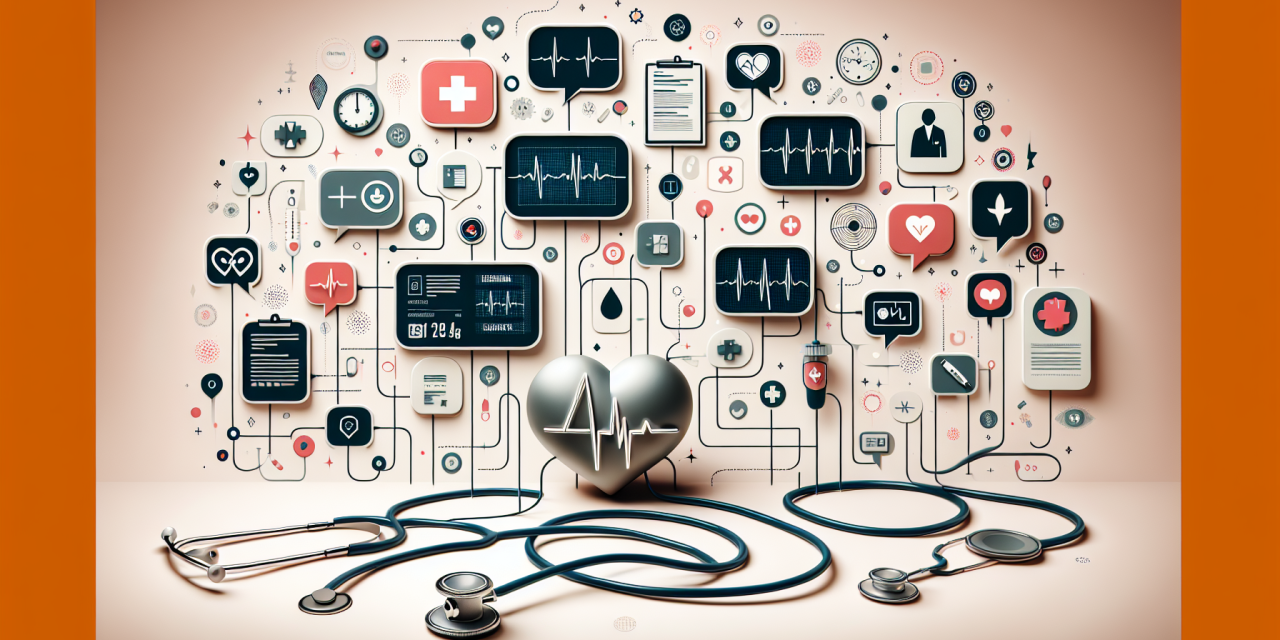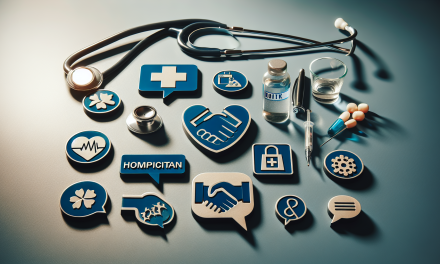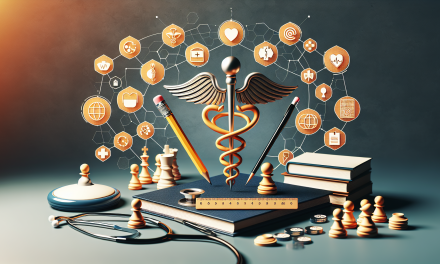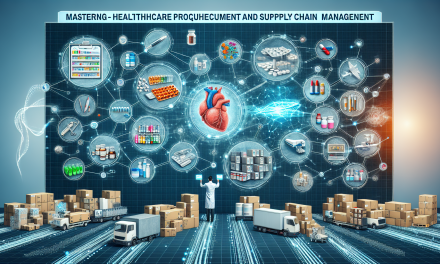Table of Contents
- Understanding Advanced Healthcare Communication
- The Importance of Communication Skills in Healthcare
- Key Components of Effective Communication
- Strategies for Improving Communication Skills
- Adapting Communication to Different Audiences
- Leveraging Technology in Communication
- Frequently Asked Questions
- Conclusion
Understanding Advanced Healthcare Communication
In today’s dynamic healthcare environment, mastering communication skills has emerged as a critical factor in ensuring patient safety, enhancing patient satisfaction, and improving overall healthcare outcomes. Advanced healthcare communication focuses not only on what is said, but also on how messages are conveyed. It emphasizes the importance of clarity, empathy, and active listening, elements that contribute significantly to building trust with patients.
The Importance of Communication Skills in Healthcare
Effective communication in healthcare goes beyond simply exchanging information. It plays a vital role in shaping the patient experience. When healthcare professionals communicate effectively, patients feel valued and understood, which enhances their engagement in their treatment and care plans. Furthermore, clear communication helps to minimize misunderstandings, which can lead to medical errors and negatively impact patient care.
Building Strong Relationships
Creating strong relationships is another significant advantage of effective communication. When doctors and nurses communicate openly, patients are more likely to disclose vital health information, which can lead to better diagnoses and treatment plans.
Enhancing Team Collaboration
In addition to patient interactions, communication skills enhance collaboration among healthcare teams. By effectively sharing information and insights, healthcare professionals can work together seamlessly, ensuring that patients receive comprehensive care.
Key Components of Effective Communication
Several components contribute to effective communication in healthcare settings. Understanding these elements can help professionals enhance their communication skills.
Clarity and Conciseness
Firstly, clarity is paramount. Healthcare professionals must express themselves clearly and concisely. This approach minimizes confusion and ensures that patients and families comprehend important medical information.
Empathy and Compassion
Next, empathy plays a crucial role in healthcare communication. When professionals show genuine concern for a patient’s feelings and experiences, it fosters a supportive and open environment. Patients are more likely to engage and share their concerns, leading to better care.
Active Listening
Active listening is equally vital. By genuinely focusing on what patients say, healthcare providers can better understand their needs and respond appropriately. This practice not only improves patient satisfaction but also helps in identifying potential issues early.
Strategies for Improving Communication Skills
Improving communication skills is an ongoing process that requires dedication and practice. Here are some effective strategies:
Engagement in Training Programs
One of the most effective ways to enhance communication skills is through participation in specialized training. Many professionals have found value in programs such as the Advanced Healthcare Communication Skills Training Course. Such training equips individuals with practical tools and techniques to communicate effectively in various healthcare contexts.
Practicing Role-Playing Scenarios
Role-playing scenarios provide an excellent opportunity for healthcare professionals to practice communication skills in realistic settings. By simulating patient interactions, professionals can receive constructive feedback and refine their techniques.
Seeking Feedback
Soliciting feedback from colleagues and patients can provide valuable insights into communication styles. Understanding how others perceive your communication can help identify areas for improvement.
Adapting Communication to Different Audiences
Healthcare professionals often interact with a diverse range of individuals, each requiring different communication approaches. Adapting communication strategies to fit the audience is vital for effective message delivery.
Communicating with Patients
When communicating with patients, professionals should use language that is easily understandable. Avoiding medical jargon and using simple terms can significantly enhance patient comprehension.
Engaging with Families
Similarly, involving family members in discussions can provide additional support for patients. Professional communication must be transparent and inclusive, ensuring families understand treatment plans and their roles in the care process.
Collaborating with Colleagues
On the other hand, when communicating with colleagues, professionals may use more technical language, as their peers will likely understand medical terminology. However, even in this context, clear and direct communication remains essential.
Leveraging Technology in Communication
Today’s technology significantly enhances communication in healthcare settings. Healthcare professionals can leverage various tools to improve patient interactions and overall communication effectiveness.
Utilizing Electronic Health Records (EHR)
Electronic Health Records (EHR) provide an integral platform for communicating patient information among healthcare professionals. These systems facilitate effective information sharing and ensure that everyone involved in patient care has access to the same data.
Embracing Telehealth Services
Moreover, the rise of telehealth services has revolutionized patient communication. Virtual consultations allow healthcare professionals to reach patients who may have difficulty attending in-person appointments, thereby improving accessibility and convenience.
Incorporating Patient Portals
Patient portals enhance communication by allowing patients to access their medical records, schedule appointments, and send messages to their healthcare providers. These platforms foster a sense of involvement and empower patients to take an active role in their care.
Frequently Asked Questions
What are advanced communication skills?
Advanced communication skills refer to the ability to exchange information effectively and empathetically. This includes active listening, clear articulation, and a focus on building relationships with patients and colleagues.
Why is communication so important in healthcare?
Effective communication in healthcare is crucial because it directly influences patient outcomes, satisfaction, and overall safety. Clear communication can prevent misunderstandings and medical errors.
What are some resources for training in healthcare communication?
Many resources exist for training, including workshops, online courses, and seminars. Programs like the Advanced Healthcare Communication Skills Training Course provide practical techniques and strategies for improvement.
How can I ensure my communication is effective with patients?
To ensure effectiveness, prioritize clarity, empathy, and active listening. Tailor your communication to fit the patient’s level of understanding and always invite questions.
Conclusion
In conclusion, mastering advanced healthcare communication skills is essential for all professionals within the field. By focusing on clarity, empathy, and active listening, you can enhance your interactions with patients and colleagues alike. Engaging in training programs can provide valuable insights and techniques, ultimately leading to improved patient outcomes and satisfaction. Embrace the evolving landscape of healthcare communication and take proactive steps to refine your skills today!




